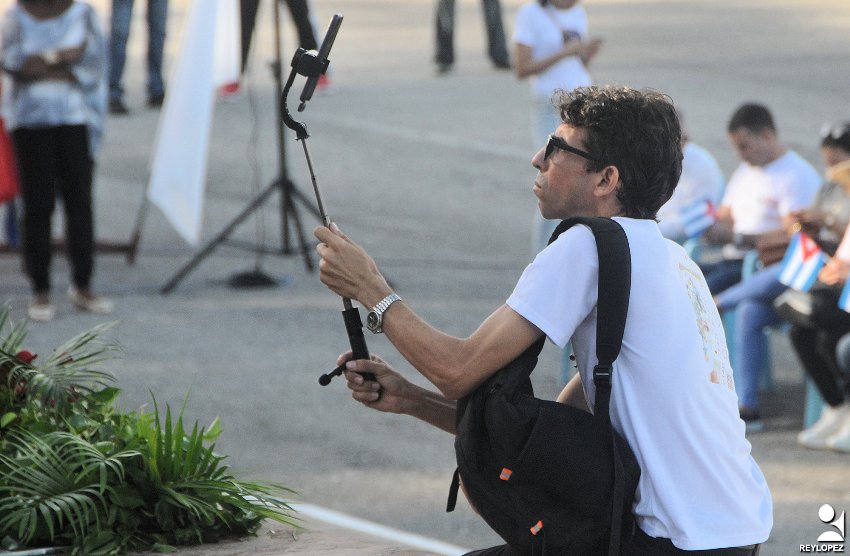
Gabriel García Márquez said that “journalism is the profession that is most similar to boxing, with the advantage that the machine always wins and the disadvantage that is not allowed to throw the towel.”
It was no coincidence that “Gabo” thought like this because, with a lifetime dedicated to retracing the reporting labyrinths, he knew very well that even if you hit a thousand times, if you miss a shot, the public does not forgive. He also knew that it is impossible to abandon that eternal fight to gain the trust of those who read you.
It is not easy, it never has been, being a journalist. To dedicate yourself to this job, it is not enough to master the most innovative tools and languages or to be a person deeply immersed in the maelstrom of news. To be a good journalist you must, first, be a good person, you must be invariably honest and possess enough knowledge and historical memory to know (or discover) where the origin of each problem comes from.
To practice the so-called “best job in the world” you must keep your eyes wide open and always think about the usefulness of the stories you decide to tell. Before publishing a piece of journalism, you must ask yourself if this information is of public interest and what you are contributing, because the social function of this profession is its most valuable mission.
It is also essential to make the objectives for which generations of journalists around the world, women and men, have fought for centuries: the right to information and communication, the methodological rigor to investigate the facts, the passion for the art of questioning, and the goldsmith's ability to know how to explain.
In our country, despite institutional support, the challenge is huge because as the dean of the Cuban press, Julio García Luis, warned “You can change journalism without changing socialism; but you cannot change socialism without changing journalism." Hence, in the face of great media hostility, in which private media seek to position themselves with an opportunist agenda, the revolutionary press system must be more transparent and open every day. To achieve this, we must be bold.
The press in a country like ours, and I continue to quote García Luis, cannot ignore that the life of our Island has taken an extraordinary turn. There is a growing pluralism of interests and unmet expectations, there is a part of the young generations that, at times, become painfully impervious to traditional discourse; there are, also, alternative channels of information that are increasingly useful, attitudes of fatigue, and loss of hope.
However, the media always play a key role in crises, and now they are crucial because our people need verified and true information more than ever; a great challenge and, at the same time, an opportunity to practice responsible journalism. It is the ideal moment to show that our work is a good service to the public, capable of contributing to the formation of critical and well-informed audiences, promoting cohesion instead of polarizing, and demonstrating that it can be a solid counterweight to the fragmentation that abounds in social media.
To do this, it is necessary to maintain, and in some cases recover, the trust of the public. However, it does not maintain itself, it must be cared for with practices based on respect and sensitivity; because once lost, it is difficult to restore it. Hope is very necessary today but it must be supported by data and facts, not empty optimism.
We already know that our work is not perfect. Each day, it is a battle against secrecy, informative silences, triumphalism, and any distortion of the communication processes, which damage the social authority of the profession. But its future depends on our ability to persevere, to be ethical and timely; not on the one-click spectacle, but rather the need for information about what is socially important.
A crack of confidence? I like to think of a profession that overcomes skirmishes with love, rectifies its mistakes with humility, undertakes, and gives strength to that golden rule of communication which is to listen to everyone. Thus, little by little, we will get closer to the heart of that audience that we strive to conquer, and above all, we will not be wasting the privilege that we have in our hands of being capable of changing something every day.